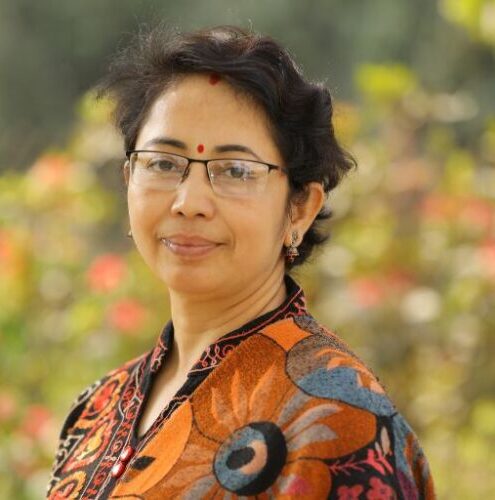
At present the Department of Physics, GCU offers Ph.D. degree in the field of theoretical and experimental Nanoscience. The aim of this programme is to encourage the students to do original research that demands rigorous preparation, critical thinking and high level analytical skills. Students who pursue Ph.D. programme in Physics must have a strong background in the discipline and have motivation to carry our research which helps the society as a whole. They are encourage to have social skill to communicate with the scientific community. Under the guidance of experienced faculty members, Ph.D. scholars will be engaged in cutting – edge research generating new knowledge and understanding in the field of material science.
The following criteria are eligible for any candidate to seek admission to the Ph.D. programme to GCU (Assam):
Note: The eligibility marks of 55% (or an equivalent grade in a point scale wherever grading system is followed) and the relaxation of 5% to the categories mentioned above are permissible based only on the qualifying marks without including the grace mark procedures, if any.

At present the Department of Physics, GCU offers Ph.D. degree in the field of theoretical and experimental Nanoscience. The aim of this programme is to encourage the students to do original research that demands rigorous preparation, critical thinking and high level analytical skills. Students who pursue Ph.D. programme in Physics must have a strong background in the discipline and have motivation to carry our research which helps the society as a whole. They are encourage to have social skill to communicate with the scientific community. Under the guidance of experienced faculty members, Ph.D. scholars will be engaged in cutting – edge research generating new knowledge and understanding in the field of material science.
The following criteria are eligible for any candidate to seek admission to the Ph.D. programme to GCU (Assam):
Note: The eligibility marks of 55% (or an equivalent grade in a point scale wherever grading system is followed) and the relaxation of 5% to the categories mentioned above are permissible based only on the qualifying marks without including the grace mark procedures, if any.
A Ph.D. degree in Physics is highly rewarding and challenging for those who are interested in applying their creativity and problem-solving skills to various problems.
| Sl no. | Particulars | Fee Structure (in Rs.) for up to 3 years (1 year Course work + 2-year research work) | |||
| Admission Fee/Enrolment Fee (Applicable to all Ph. D) | For GCU Employees | For Others | Other charges (Examination, Thesis submission, Viva voce etc.) | ||
| 1 | At the time of Admission [A] | Rs. 50,000 | |||
| 2 | Course work fee (1st and 2nd Semester) [B] | Rs. 25,000/ Semester | Rs. 25,000/ Semester | ||
| 3 | Semester fees (3rd Semester onwards) [C] | Rs. 20,000 / Semester | Rs. 40,000/ Semester | ||
| Over all Total for 3 years (1+2) | [A+B+C] Rs. 1,80,000/- | [A+B+C] Rs. 2,60,000/- |

The PhD programme in Physics occurs through a process of intense coursework and original research in which scholars gain the requisite skills and specialist knowledge to channel their acquired expertise in different capacities of academic as well as applied intents.


